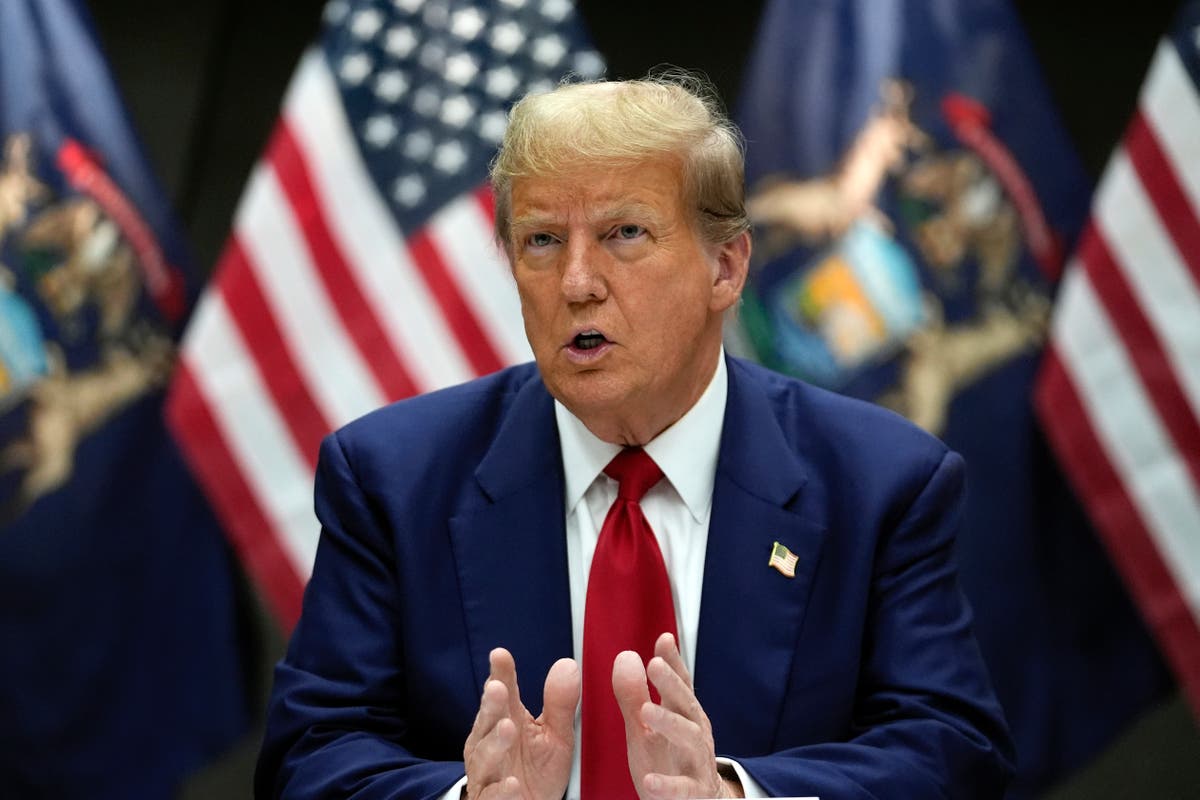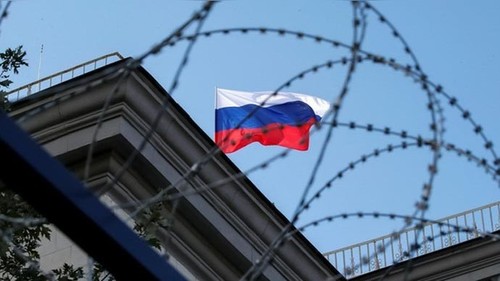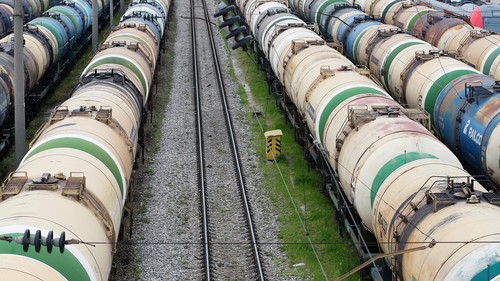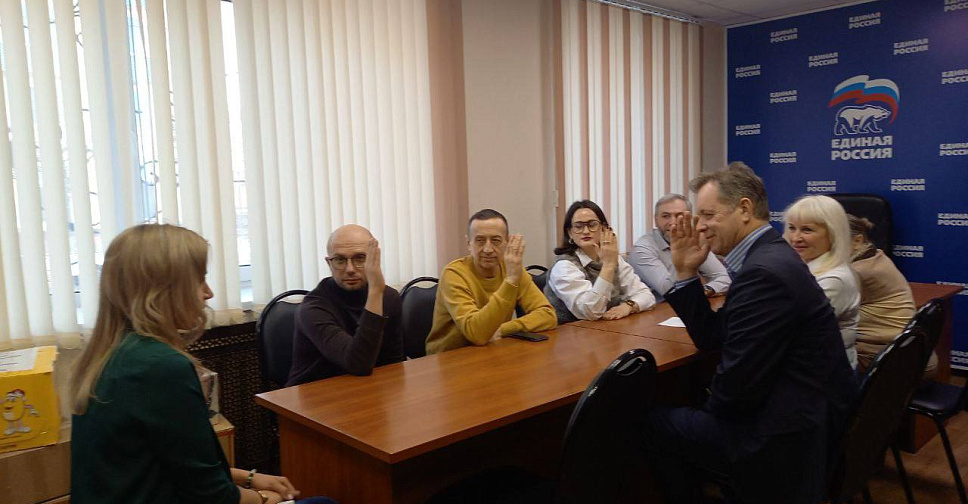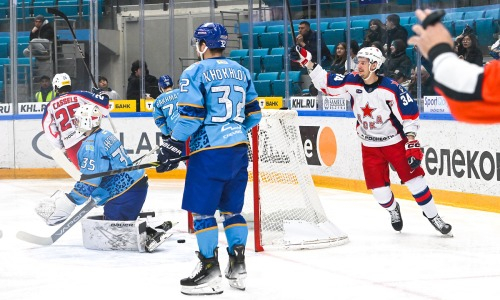Donald Trump’s Trump Media and Technology Group (TMTG), the parent company behind his Truth Social network that made its Wall Street debut last week, had to be kept afloat in 2022 through a series of emergency loans provided, in part, by a Russian-American businessman under scrutiny as part of a federal investigation into insider trading, according to a report by The Guardian.
The Republican presidential contender’s social media platform was taken public last Thursday after TMTG merged with Digital World Acquisition Corporation and enjoyed a remarkable debut on the Nasdaq exchange with shares trading at a high of $78.
They plunged days later, however, as the company’s extraordinary 2023 losses came to light – leading some to warn that it is the latest example of a volatile “meme stock” offering that has little underlying value.
According to The Guardian, TMTG might never have made it to the merger stage after the Securities and Exchange Commission opened an investigation into the deal in 2021, prompting Mr Trump’s company to chew up cash to keep it alive long enough until it could be cleared to make its stock market bow.
That expense forced the company to seek out emergency loans, two of which, the newspaper reports, were worth $8m in total and came in the form of convertible promissory notes (granting the lender a significant stake in TMTG) from an entity called the ES Family Trust, which opened an account with Paxum Bank registered in Dominica in the Caribbean.
The broadsheet cites leaked documents linking the trust to the Russian-American businessman Anton Postolnikov, co-owner of Paxum Bank and the subject of a criminal investigation by the FBI and the Department of Homeland Security over his role in the TMTG merger.
Paxum Bank does not have a banking licence in the US and is not regulated by the Federal Deposit Insurance Corporation, which is a concern, the newspaper argues, because that would indicate the ES Family Trust had been used by Mr Postolnikov “to loan money to help save Trump Media – and the Truth Social platform – because his bank itself could not furnish the loan”.
Mr Postolnikov has not been charged with a crime but has been listed on recent search warrant affidavits along with several associates, one of whom, Michael Shvartsman, was indicted in March for money laundering and has previously faced insider trading charges relating to Digital World shares, to which he and two co-defendants pleaded guilty.
Neither Mr Trump nor TMTG been accused of any wrongdoing, nor is there any indication that they had any idea about the background to the loans they received.
Shares in TMTG have continued to fluctuate wildly in recent days since the company’s Nasdaq launch, with its stock closing at $51.60 on Tuesday, up 6 per cent on Monday, leaving the company as a whole valued at around $5.9bn.
As it stands, Mr Trump must wait six months before selling off his lucrative interest in TMTG but he may well be tempted to try to make that happen sooner, given the huge legal expenses he is wracking up.
In addition to running for the presidency on the Republican ticket, Mr Trump is fighting four criminal indictments and 88 felony charges in four jurisdictions.
His numerous court cases were reported to have cost him $230,000 a day in legal fees in February and he was also recently forced to place bonds worth $91.6m and $175m to appeal two separate New York civil judgements against him.
It has since emerged that Mr Trump is suing his two TMTG co-founders – Andy Litinsky and Wes Moss, both former contestants on his NBC reality TV show The Apprentice – claiming that they set up the company improperly and should lose their stock in the venture.
Mr Trump’s filing in civil court in Sarasota County, Florida, alleges the duo “spectacularly” mishandled an attempt to take TMGT public several years ago and subsequently attempted to “thwart the deal”, allegedly putting the whole project “on ice” for more than a year and a half.
The Republican further accuses his collaborators of failing “at every turn”, making “wasteful decisions” and causing “significant damage” to TMGT’s prospects.
He is seeking damages after accusing Mr Litinsky, Mr Moss and co-defendant Patrick Orlando of “breaches of fiduciary duty” and is also seeking to bar them from owning shares or appointing any members to the company’s board.

